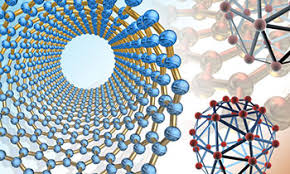Mechanical and Materials Engineering, Department of

Department of Mechanical and Materials Engineering: Faculty Publications
Document Type
Article
Date of this Version
10-26-2022
Citation
Shokrollahi, Y.; Dong, P.; Gamage, P.T.; Patrawalla, N.; Kishore, V.; Mozafari, H.; Gu, L. Finite Element-Based Machine Learning Model for Predicting the Mechanical Properties of Composite Hydrogels. Appl. Sci. 2022, 12, 10835. https:// doi.org/10.3390/app122110835
Abstract
In this study, a finite element (FE)-based machine learning model was developed to predict the mechanical properties of bioglass (BG)-collagen (COL) composite hydrogels. Based on the experimental observation of BG-COL composite hydrogels with scanning electron microscope, 2000 microstructural images with randomly distributed BG particles were created. The BG particles have diameters ranging from 0.5 μm to 1.5 μm and a volume fraction from 17% to 59%. FE simulations of tensile testing were performed for calculating the Young’s modulus and Poisson’s ratio of 2000 microstructures. The microstructural images and the calculated Young’s modulus and Poisson’s ratio by FE simulation were used for training and testing a convolutional neural network regression model. Results showed that the network developed in this work can effectively predict the mechanical properties of the composite hydrogels. The R-squared values were 95% and 83% for Young’s modulus and Poisson’s ratio, respectively. This work provides a surrogate model of finite element analysis to predict mechanical properties of BG-COL hydrogel using microstructure images, which could be further utilized for characterizing heterogeneous materials in big data-driven material designs.
Included in
Mechanics of Materials Commons, Nanoscience and Nanotechnology Commons, Other Engineering Science and Materials Commons, Other Mechanical Engineering Commons


Comments
Open access.